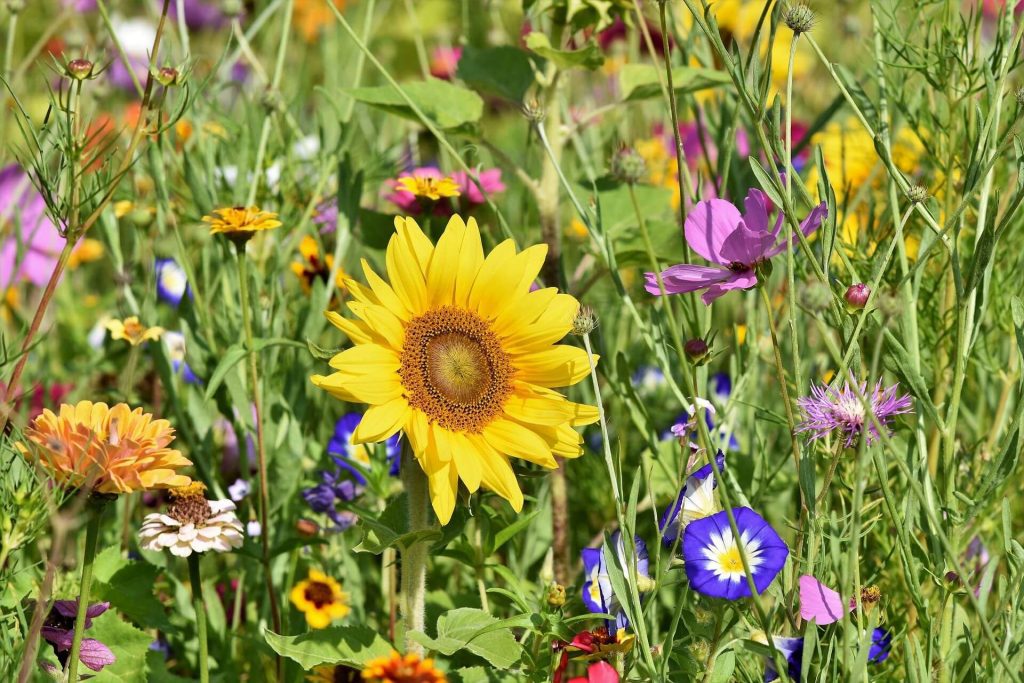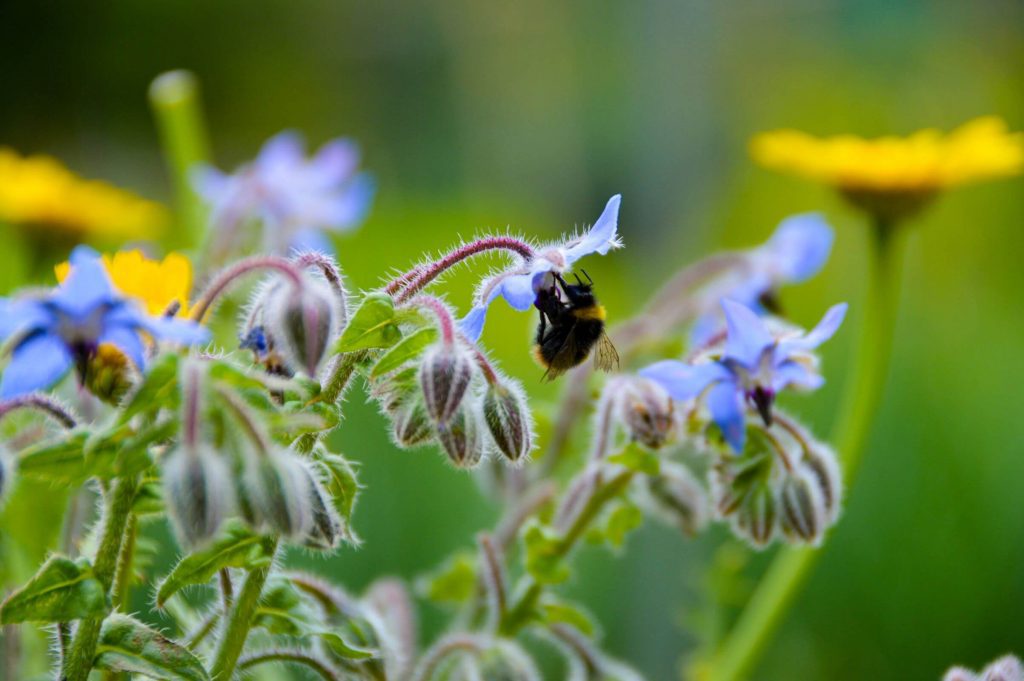May 22nd marks the International Day for Biological Diversity, which aims to raise awareness of biodiversity issues. Biodiversity is in an alarming decline and requires immediate action to protect it.
Fortunately, we can all do something to preserve biodiversity at home, starting in our gardens. Environmentally friendly practices, such as pest control using biocontrol and biopesticide products, are easy to implement and help promote biodiversity.

What is biodiversity?
Biodiversity, or biological diversity, is the variety of all living organisms, such as plants, animals, fungi, bacteria, etc. It also includes diversity within species and within ecosystems, which are defined as a community of living organisms and their physical environment.
What is the actual state of biodiversity?
Human activities can have disastrous consequences on the global diversity of our planet and have a direct negative impact on ecosystems.
Healthy ecosystems provide us with many benefits, including clean water, food and oxygen. These benefits are called “ecosystem services” and are essential for human well-being and survival.
Biodiversity is also essential to the proper functioning of ecosystems. A decrease in biodiversity means that ecosystems are more fragile and may no longer be able to provide such benefits. That is why we must preserve biodiversity at all costs.
Domestic gardens play an important role
Domestic gardens can constitute an important refuge for biodiversity and can support ecosystem services. This is especially true in urban areas where concrete surfaces are inhospitable for many organisms, and urban gardens, even smaller ones on balconies, can mimic and replace natural habitats.
Private gardens can promote biodiversity considerably by providing shelter and habitats for the local wildlife. Therefore, gardens should not be undervalued and efforts to improve their biodiversity can a make genuine impact.


Biodiversity-friendly management for domestic gardens
The role of bioprotection products
One easy way to promote biodiversity in a garden is to use environmentally friendly practices such as biocontrol and biopesticide products to control pests, diseases and weeds, instead of spraying chemical pesticides.
Chemical pesticides have well-known adverse effects on biodiversity but unfortunately, they are very common in lawn and garden products. Pesticides are harmful to both the environment and its resident, native organisms. For example, the use of pesticides is one of the drivers of the decline in pollinators, which are sensitive to even small amounts of pesticides. Pollinators are, however, essential for ecosystems’ health and are one of the most important mechanisms in promoting biodiversity.
Reducing the use of chemical pesticides is needed to support pollinators and protect biodiversity. Biocontrol and biopesticide alternatives should be favoured as they have a controlling effect on pests and diseases but are based on naturally sourced ingredients and are less harmful to the environment and to non-target organisms.
Other sustainable gardening practices
Other ways to promote biodiversity include:
- Planting companion plants: this can help with pest control by deterring pests and/or attracting predators. Example: French marigolds planted alongside tomatoes deter whiteflies
- Reducing the mowing frequency and leaving the lawn to grow: uncut flowers provide food to birds and insects
- Favouring native plants and wildflowers: they promote a larger diversity and abundance of insects than exotic plants. This, in turn, provides food for other animals (birds, amphibians, etc.).
- Using organic fertilizer and making your own compost: this preserves and promotes soil biodiversity.
- Installing an insect hotel: this provides a hidden place for insects to lay eggs, which will protect their offspring. You can either build it yourself or buy it.
- Using nets to cover crop plants instead of using pesticides can help manage some ground pests.
Promoting biodiversity in your garden
Creating a healthier environment, with little to no chemicals, alongside other sustainable practices, can boost biodiversity in domestic gardens. Gardens with more biodiversity have fewer pest problems as they provide shelter and habitats for more beneficial animals that can feed on pests. A diversity of plants and wildlife in private gardens will benefit the surrounding environment and human well-being as well.
So, start promoting biodiversity in your garden and learn more about ways to do it below:
And to find biocontrol and biopesticide products available in your country, browse the CABI BioProtection Portal.
